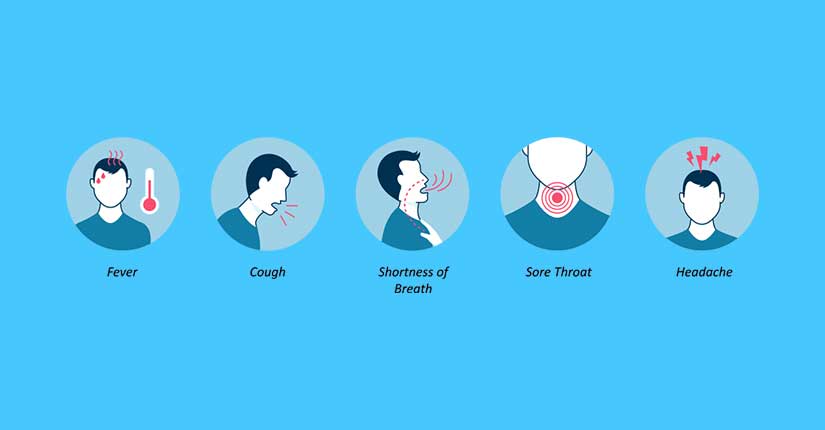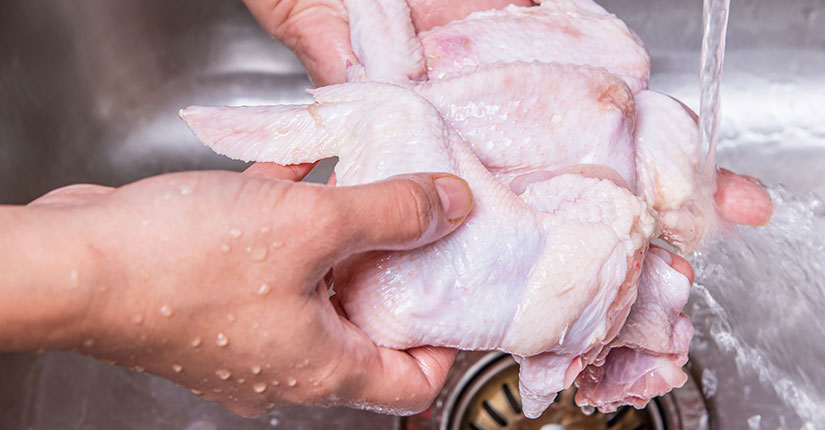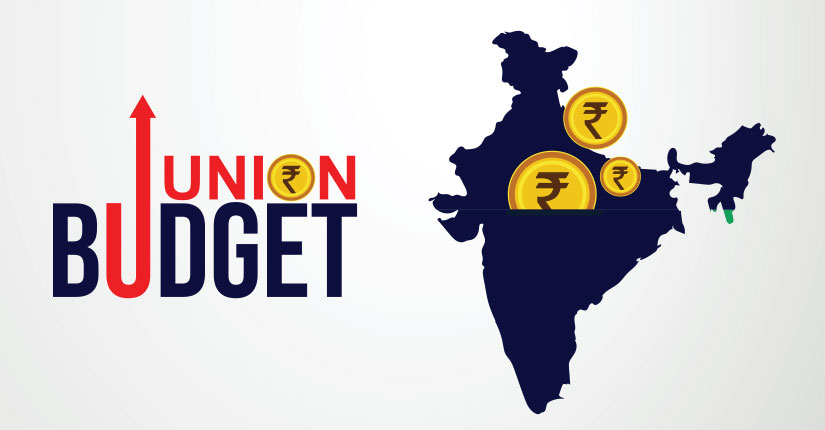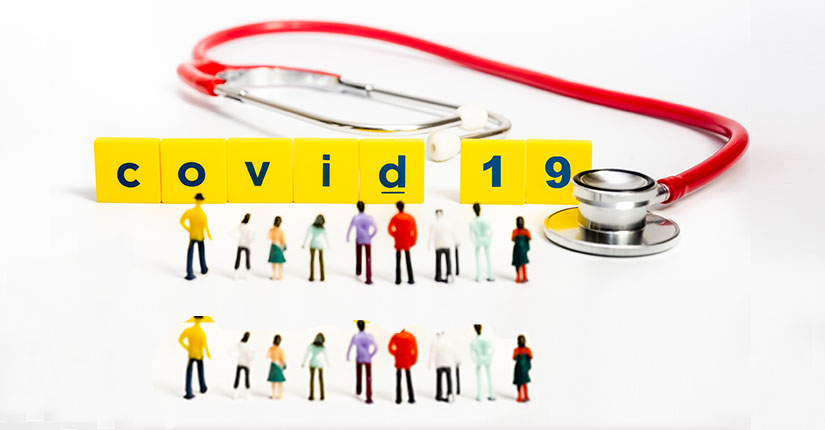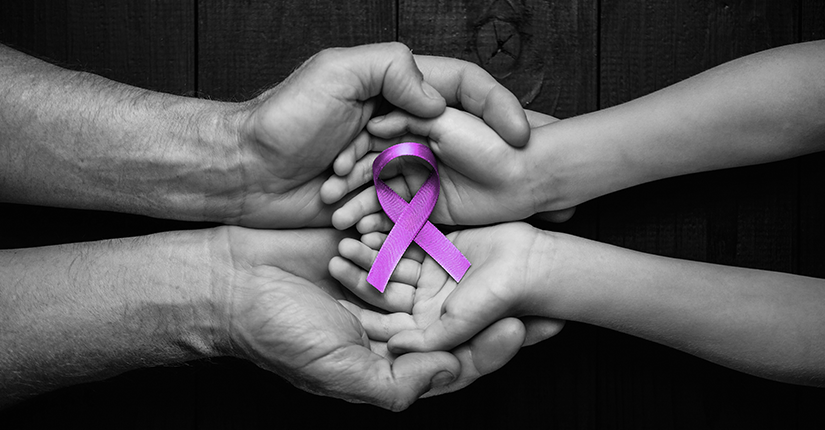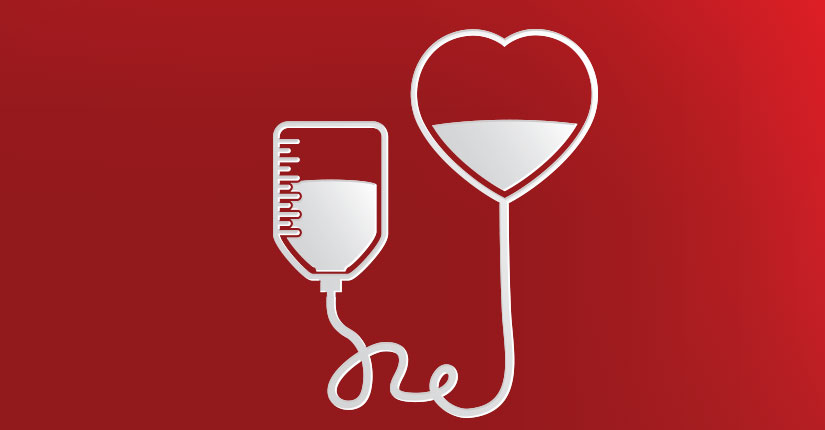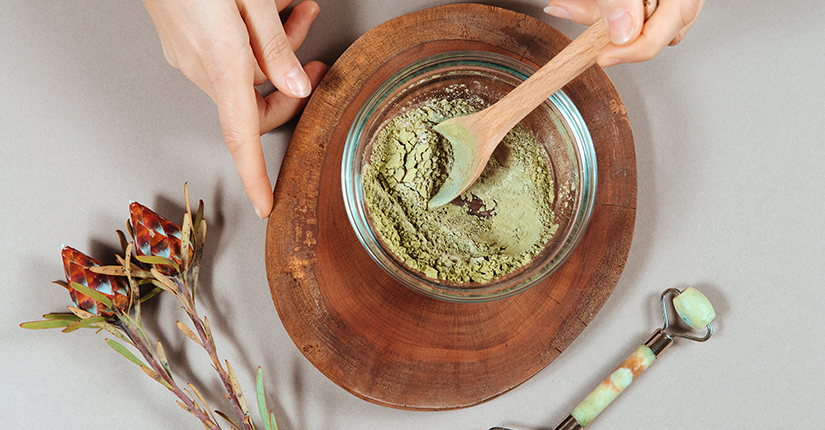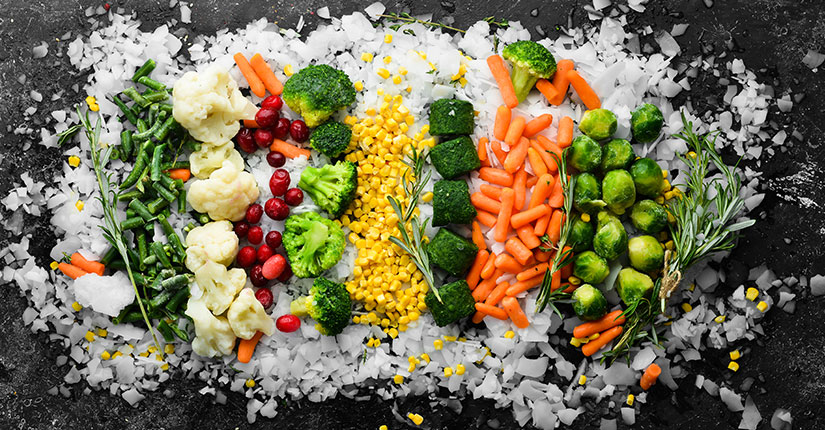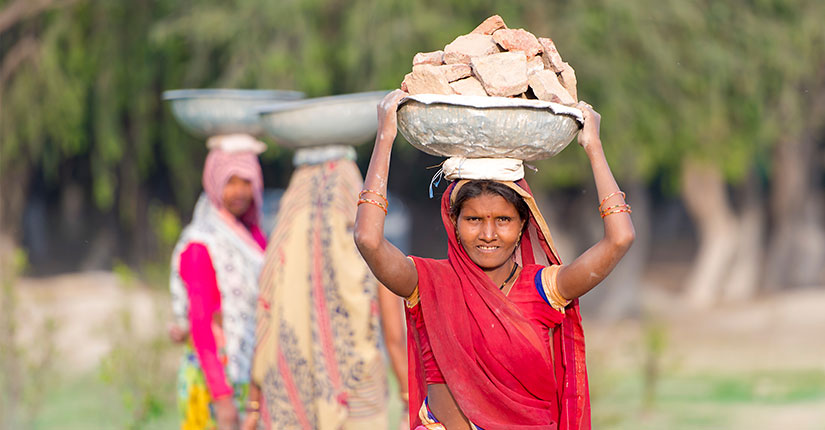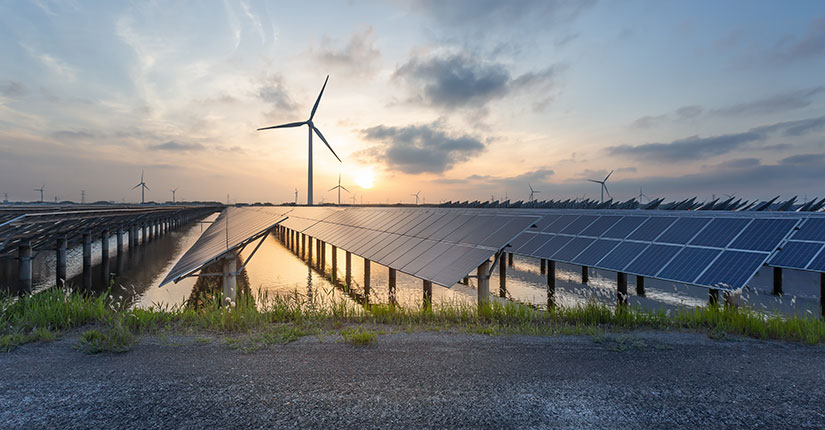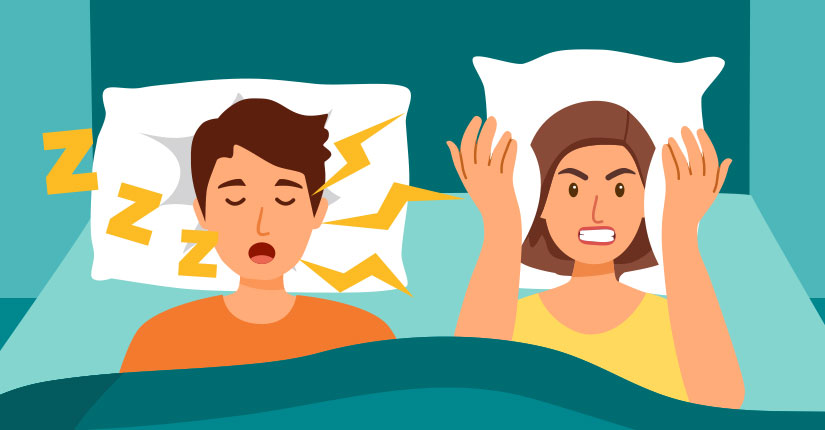WHO Tweeted About The Medical Waste Generated During The Covid 19 & How It Impacts The Health
By Nmami Agarwal 13-Feb 2022 Reading Time: 4 Mins
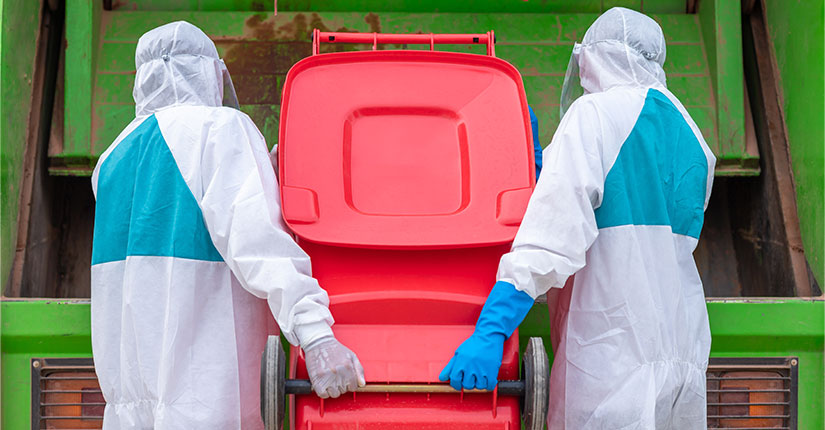
Covid-19 is an infectious disease that is affecting the masses. It is spreading through the air like fire, and so is the medical waste generated by it. The medical waste includes vaccine needles, vials, testing reagents, testing swabs as well as all the personal protective equipment that the health workers are using, such as masks and aprons. It is all the waste that results from vaccination, from testing or caring for patients with Covid-19 at either home care facilities or hospitals. The waste is sometimes so massive that we can see masks all over the roads.
The waste produced by hospitals or any health care facilities is harmful but only 20% is hazardous and infectious, which requires extra care and treatment. If the health care facilities do not segregate their waste the increase of waste generated will be 10 times whereas if they do then it will be decreased to 3 or 4 times. Many facilities lack ways to safely segregate and treat the waste and it overburdens with all the patients’ load, making it even more difficult to manage the medical waste generated during the Covid-19.
How The Medical Waste Generated During The Covid-19 Impacts The Health:
- The injuries caused by infected needle-sticks can cause Hepatitis B & C.
- Many other infections can be spread through bandages and other infectious waste, some of which are not treatable.
- All the waste that’s just lying there can spread infection through the air.
- Burning the waste will produce dioxins and furans, which are carcinogenic and can harm not only those working in health care facilities but all those people and vulnerable communities that surround them.
- The microplastic from waste is showing up in our waterways and food system, making it all contagious to consume.
What Can We Do?
- Become aware and take it as your personal responsibility. We can reduce the amount of waste being produced by us and avoid using such products when it’s not necessary.
- Be a conscious buyer and look for high-quality and reusable PPEs, masks, gloves, etc. If reusable is not an option at some places, the waste can be recycled into making building or road material.
- The packaging should be ecological and you must dispose of it carefully too.
The government should implement strict waste management policies to help control the spread of the infection and put the waste to good use. The PPEs can also be manufactured locally as advised by WHO, to reduce the carbon footprint involved in transporting it from one country to another. With all the facilities and products we are being provided to protect ourselves from the virus, we should be responsible enough and help control the spread.


